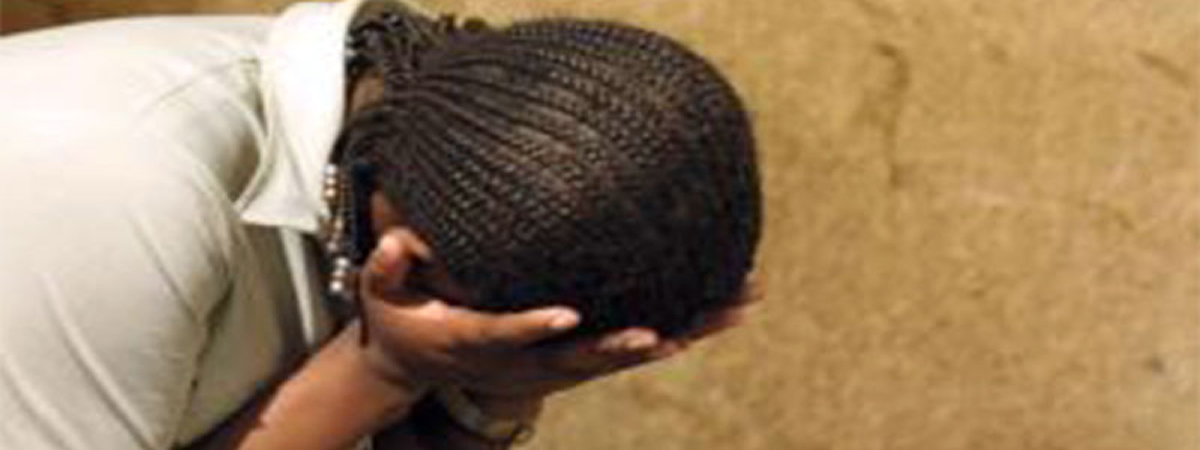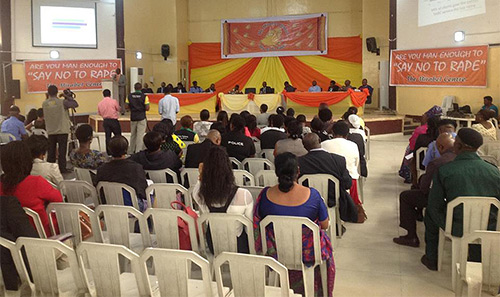Child Abuse: Detection And Prevention Strategies In The Home
What is Sex Abuse? Sex abuse is forced and unwanted sexual activity by one person on another by the use of threats and coercion.
Child Sex Abuse includes the following acts and activity:
• Fondling or touching a child/minor’s genitals, buttocks, mouth, breasts or other (intimate) body parts, or forcing the child/minor to touch another’s private body parts for sexual gratification.
• Exposing children to adult sexual activity or pornographic materials.
• Having children perform in pornographic movies or pose for pornographic materials.
• Sexual intercourse (penetration either with fingers, penis or with objects).
How to create and maintain safe home environment
1. Do a self assessment/detoxification of stereotypes on sexual assault in general, and CSA in particular. Responsibility for sexual abuse belongs to the perpetrator. The victim is not to blame for the abuse.
2. Make yourself available and approachable. Get into the habit of engaging the minors in non-judgmental conversations and review each day’s activity details in a friendly, easy way. You might pick up clues, red flags or valuable disclosures.
3. Supervise content (text, print and images) that children/minors are exposed to in the home, for indecent/inappropriate exposures of body and body activities with sexual undertones. Red Flags: musical videos, unrestrained access to home videos, among others!
4. Give age-appropriate sex education, including specific names of body parts to empower children and minors with self expression. This helps the minor to be clear about describing related incidences.
5. Set clear family safety rules, including personal and interpersonal privacy boundaries in play, teasing, affection, touch, etc. For example, encourage knocking on doors and waiting for response before entering, encourage respect for personal body space in sleeping arrangements, bathing, dressing, etc Discourage sitting on (adults) laps
6. Have a high suspicion index for CSA. Notice inappropriate language, behaviours, exposure, bonding, etc. If a child exhibits sexual knowledge/language beyond his/her age, probe the roots. The green snake in the green grass (perfect stranger) could be the uncle, the driver, the maid, the next door neighbor or even the parent!
7. Observe any indications of discomfort (unusual shyness, hostility, fear, etc) of the minor around a particular adult or peer.
8. Keep tabs on physical health including orifices and genitals for possible signs of disease and irritations – pain, itching, discharge.
9. Does an adult/older ‘peer’ often take advantage of private times with a minor? Investigate.
How minors can be empowered to protect themselves against CSA
As a minor:
1. Be confident and self assertive.
2. Recognise, get away from and tell of any sharing/allowing of access to adult materials, inappropriate language, gifts, outings, special favours to keep a secret
3. It’s never too late to tell. Presents should never be a secret.
4. Avoid lonely surroundings, and being alone with.
5. Say NO to inappropriate touches to private body parts – breasts, vagina, penis, buttocks, including touches that make you uncomfortable on other body parts.
6. Your body is special and personal to you. Be clear and persistent when your personal body space is being encroached upon and not being respected. Say NO, get away and tell.
7. Respect others’ boundaries in play, teasing, affection, touching.
8. Be clear and vocal about touches you dislike.
9. Never shield the abuser. He needs to be stopped.



